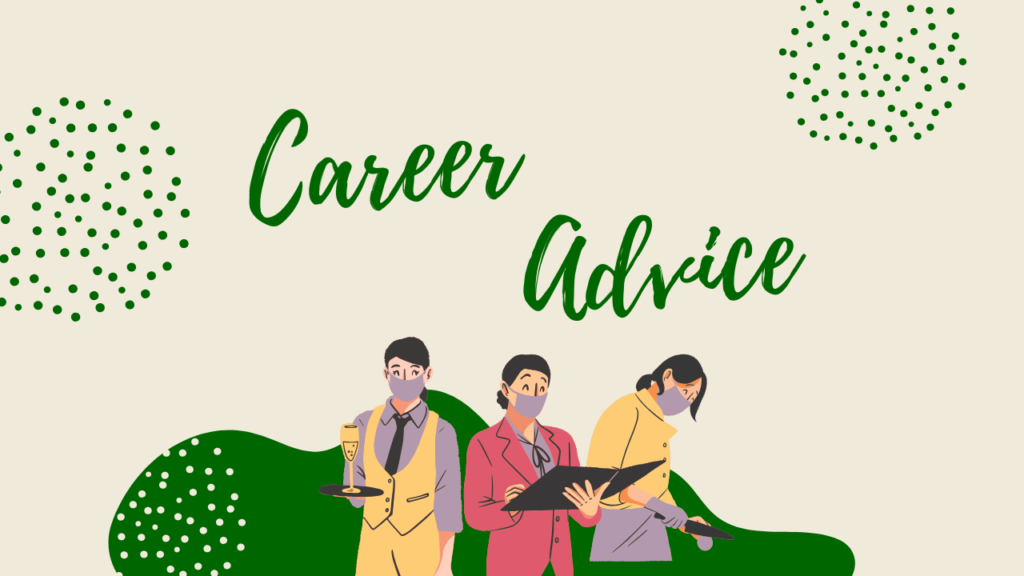7 Visionary Innovators in Focus Shaping the Future of Our World
Innovators in Focus: Pioneers Shaping the Future Innovation is the heartbeat of progress. It’s what propels industries, transforms societies, and improves our daily lives. Innovators across the world are pushing boundaries, challenging conventions, and reshaping the future. From technology to sustainability, healthcare to space exploration, these change-makers are leading the charge in solving complex problems and creating opportunities for future generations. In this article, we will shine a spotlight on some of the most influential innovators and the groundbreaking work they are doing across various fields. 1. Elon Musk: The Visionary Behind SpaceX, Tesla, and More Elon Musk is one of the most well-known and controversial innovators of our time. As the CEO of Tesla, SpaceX, Neuralink, and The Boring Company, Musk has become synonymous with innovation in several industries, including electric vehicles (EVs), space exploration, and transportation. Key Contributions: SpaceX: Musk founded SpaceX with the goal of making space travel more affordable and accessible. SpaceX has successfully launched and landed reusable rockets, drastically reducing the cost of space exploration. Their ambitious goal is to colonize Mars, making humanity a multiplanetary species. Tesla: As the CEO of Tesla, Musk has revolutionized the electric vehicle industry, turning electric cars from a niche market into a mainstream phenomenon. Tesla’s commitment to renewable energy and the development of autonomous driving technologies continues to push the automotive industry forward. Neuralink: Neuralink is working to develop brain-machine interfaces that could help treat neurological conditions like Alzheimer’s and potentially enable humans to interface directly with computers. The Boring Company: This venture focuses on revolutionizing transportation by developing underground tunnels to alleviate traffic congestion through high-speed “Hyperloop” systems. Musk’s bold ideas and ambitious projects have made him a key figure in advancing technology and challenging traditional industries. 2. Jeff Bezos: The E-Commerce King and Space Pioneer Jeff Bezos, the founder of Amazon, is one of the most successful entrepreneurs in the history of modern business. His innovations in e-commerce, cloud computing, and artificial intelligence have reshaped the global economy. In recent years, Bezos has also ventured into space exploration with his company, Blue Origin. Key Contributions: Amazon: What began as an online bookstore has grown into the world’s largest online retailer, changing the way people shop, how businesses operate, and even how logistics and supply chains function. Amazon has revolutionized everything from consumer shopping experiences to cloud computing with Amazon Web Services (AWS). Blue Origin: Founded by Bezos, Blue Origin aims to make space travel more affordable and accessible. The company is developing reusable rocket technology, and its long-term goal is to enable human space colonization and space tourism. The Washington Post: Bezos purchased The Washington Post in 2013, using his expertise in technology and media to help transform the paper into a digital-first, globally recognized news outlet. Bezos has transformed industries through his relentless pursuit of innovation and is now focusing on ensuring humanity’s future in space. 3. Dr. Katalin Karikó: The Scientist Behind mRNA Technology Dr. Katalin Karikó is a Hungarian-born scientist whose pioneering research in mRNA (messenger RNA) technology led to the rapid development of COVID-19 vaccines. Despite facing years of skepticism and challenges in her career, Karikó’s work laid the groundwork for one of the most significant medical breakthroughs in modern history. Key Contributions: mRNA Technology: Dr. Karikó’s research into mRNA technology was initially met with resistance, but her persistence eventually led to the creation of vaccines for COVID-19 by companies like Pfizer-BioNTech and Moderna. The success of these vaccines has not only saved millions of lives but has also opened up new possibilities for using mRNA in the treatment of other diseases, including cancer and genetic disorders. Dr. Karikó’s work highlights the power of perseverance and scientific curiosity. Her contributions have paved the way for groundbreaking advancements in medicine. 4. Mark Zuckerberg: Changing the Way We Connect Mark Zuckerberg is the co-founder and CEO of Meta (formerly Facebook), a company that has had a profound impact on how we communicate and share information. As a leading innovator in social media, Zuckerberg’s influence extends far beyond Facebook, as he is now focused on building the future of virtual and augmented reality. Key Contributions: Facebook: Zuckerberg transformed social media with Facebook, a platform that connects billions of people around the world. Facebook has revolutionized communication, advertising, and the way we engage with content online. Meta and the Metaverse: With Meta, Zuckerberg is investing heavily in virtual and augmented reality technologies. The development of the Metaverse aims to create a fully immersive digital world where people can interact with each other in real time and experience virtual spaces like never before. Instagram and WhatsApp: Through Facebook’s acquisitions of Instagram and WhatsApp, Zuckerberg has expanded his influence across various social media platforms, each offering unique tools for personal expression, communication, and business marketing. Zuckerberg’s vision for a connected world continues to evolve, and his push toward the Metaverse is positioning him as a pioneer in the next phase of digital innovation. 5. Dr. Jane Goodall: Revolutionizing the Study of Primates and Conservation Dr. Jane Goodall is a British primatologist, ethologist, and anthropologist renowned for her groundbreaking research on chimpanzees. Her work has revolutionized the study of primates and has had a lasting impact on conservation efforts worldwide. Key Contributions: Chimpanzee Research: Goodall’s 1960s study of wild chimpanzees in Tanzania’s Gombe Stream National Park challenged prevailing notions about animal behavior and intelligence. She discovered that chimpanzees use tools and exhibit emotions similar to humans, dramatically shifting the scientific understanding of primates. Conservation and Advocacy: Over the years, Goodall has become an influential advocate for environmental conservation, animal welfare, and sustainable practices. Through the Jane Goodall Institute, she continues to support wildlife preservation and advocate for global environmental responsibility. Roots & Shoots: Founded by Goodall in 1991, the Roots & Shoots program engages young people around the world in community-based conservation projects. It empowers them to make positive changes in



